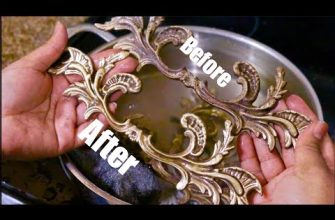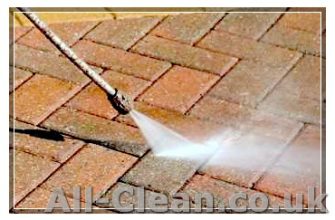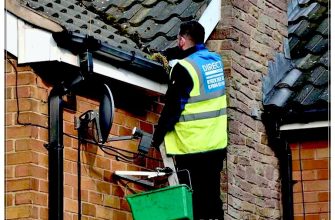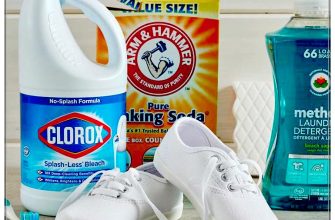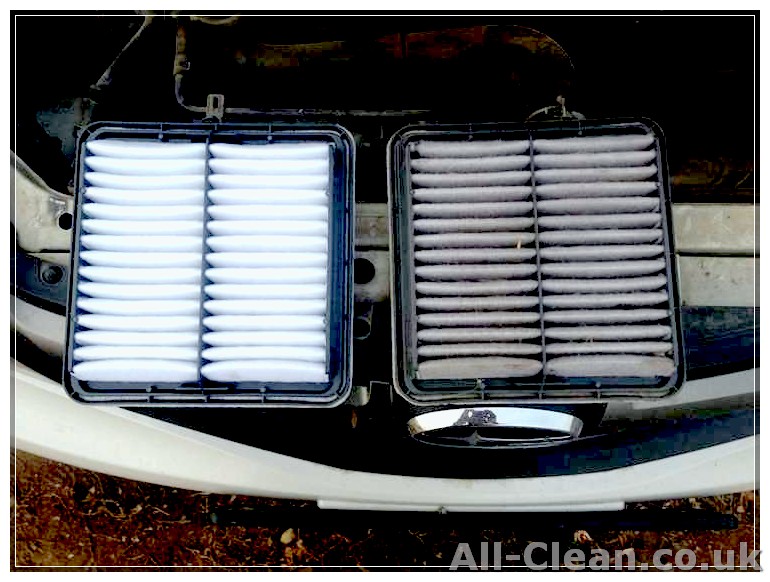
Are you wondering if your dirty air filter is affecting your car’s performance? In this article, we will discuss eight common symptoms that indicate it’s time to clean your air filter. By being aware of these signs, you can extend the lifespan of your air filter and improve your vehicle’s overall performance.
One way to know if your air filter needs cleaning is if there is a strong smell of gasoline when you start your car. This smell is usually a result of unburned fuel entering the exhaust system due to a dirty air filter. Another symptom to watch out for is a decrease in horsepower. If you hear or feel that your engine is misfiring or struggling, it might be due to a clogged air filter.
If you have a specialized air filter installed in your vehicle, such as a KN air filter, there are specific cleaning instructions that you should follow. Typically, the cleaning process involves gently tapping the filter to remove loose dirt and debris, then rinsing it with water and allowing it to dry. If your filter is damaged or worn, it’s best to replace it rather than attempting to clean it.
When cleaning your air filter, it’s essential to be thorough and pay attention to detail. Start by removing the filter from its housing and inspect it for any signs of damage. Use a soft-bristled brush to remove dirt and debris from both sides of the filter. If necessary, you can also use a specialized filter cleaner to ensure a deep clean.
After cleaning the air filter, make sure it is completely dry before reinstalling it. Allowing a wet or damp filter to dry can result in mold or mildew growth, which can further hinder your engine’s performance. Once dry, carefully reinstall the air filter following the instructions in your vehicle’s manual.
So, what are the symptoms you should look out for? First and foremost, if your fuel mileage is decreasing, it could be a sign that your air filter is dirty. A dirty air filter restricts airflow to the engine, causing it to work harder and burn more fuel. Additionally, if you notice that your engine is running rough or experiencing rough idle, it could indicate a dirty air filter.
Another symptom to be aware of is black smoke coming from your exhaust. This happens when the unburned fuel enters the exhaust system, resulting in black smoke. Furthermore, if you find a noticeable decrease in your vehicle’s acceleration or a lack of power, it could be a sign that your air filter is clogged. And finally, if you hear a loud sucking sound from your engine when you accelerate, it may indicate that your air filter is not effectively filtering out dirt and debris
In conclusion, regular air filter cleaning is crucial for maintaining your vehicle’s performance. By paying attention to the symptoms mentioned above, you can ensure that your air filter is clean and in good working condition. Keeping your air filter clean will not only improve your car’s performance but also extend the lifespan of your engine. Remember to consult your vehicle’s manual and follow the recommended cleaning procedures to keep your air filter working efficiently.
Decreased Airflow and Efficiency
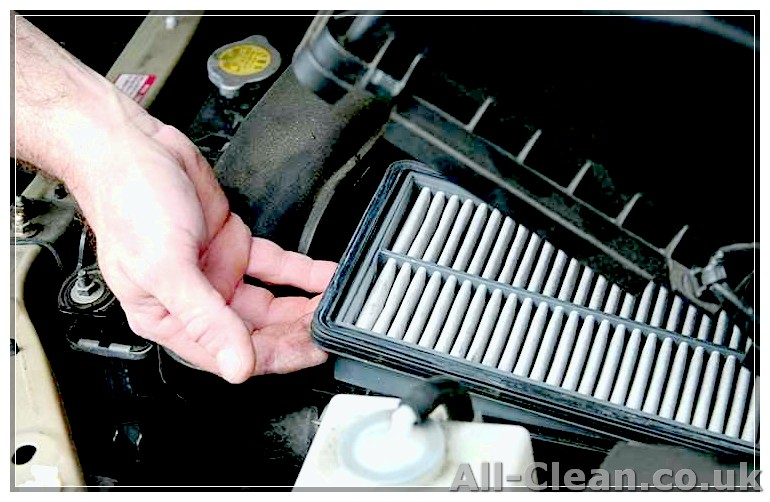
One of the most noticeable symptoms of a dirty air filter is a decrease in airflow and efficiency. When your air filter becomes dirty and clogged with dust, dirt, and other particles, it can restrict the flow of air into your HVAC system. This restriction leads to reduced airflow, which can cause a variety of issues.
When the airflow is decreased, your HVAC system has to work harder to push air through the clogged filter. This can result in decreased efficiency, as your system consumes more energy to maintain the desired temperature. Additionally, the decreased airflow can prevent the proper distribution of conditioned air throughout your home, leading to uneven temperatures and discomfort.
Signs of Decreased Airflow and Efficiency:
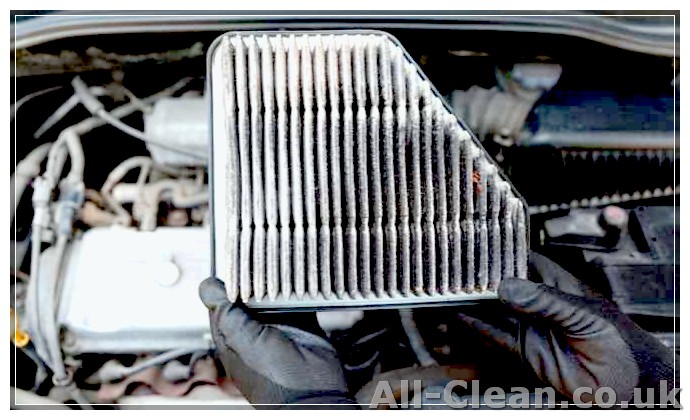
- Uneven cooling or heating in different areas of your home
- Hot or cold spots in certain rooms
- Inefficient temperature control
- Longer cooling or heating cycles
- Higher energy bills
- Excessive dust accumulation
- Strange noises coming from your HVAC system
- Signs of condensation or moisture buildup
If you notice any of these symptoms, it’s important to check and clean your air filter. Neglecting to clean or replace a dirty air filter can lead to further issues, including damage to your HVAC system.
How to Improve Airflow and Efficiency:
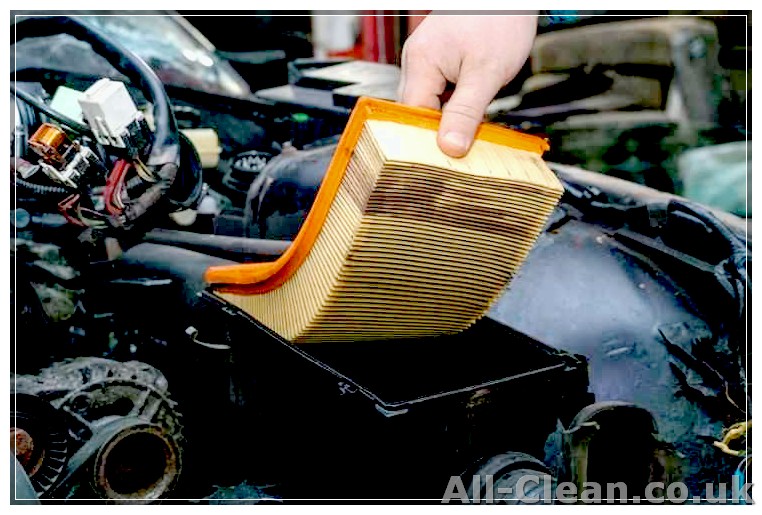
To improve airflow and efficiency, you should first check your air filter. Depending on the type of filter you have, you may be able to clean and re-use it, or you may need to replace it with a new one.
- Turn off your HVAC system.
- Locate the air filter, which is usually found near the air intake vent or inside the HVAC unit.
- Carefully remove the filter from its housing.
- Inspect the filter for dirt, dust, and debris.
- If the filter is dirty, gently tap it to remove loose debris, or use a soft-bristled brush or toothbrush to brush away any stubborn dirt.
- If the filter can be cleaned, rinse it with water. Be sure to follow the manufacturer’s instructions for cleaning and rinsing.
- If the filter needs to be replaced, remove it and dispose of it properly.
- Install a new filter, making sure it is inserted the right way and fits properly.
- Turn on your HVAC system and enjoy improved airflow and efficiency!
Regularly cleaning or replacing your air filter is essential for maintaining good airflow and efficiency in your HVAC system. It helps to keep the air clean and free of contaminants, ensuring better indoor air quality. Additionally, a clean air filter can prolong the lifespan of your HVAC system and prevent potential issues.
Increased Energy Consumption
One of the symptoms of a dirty air filter is increased energy consumption. When your air filter becomes clogged with dirt and other airborne particles, it can restrict the airflow to your engine. This buildup of debris reduces the efficiency of the air filtration system, causing your engine to work harder to obtain the necessary air for combustion.
The increased workload leads to higher energy consumption, as the engine needs to burn more fuel to compensate for the decreased airflow. As a result, you may notice a decrease in your vehicle’s fuel mileage, with the need to refuel more frequently than usual. This can lead to higher fuel costs and decrease the overall efficiency of your vehicle.
If your air filter is heavily clogged, you may also experience a decrease in engine power and acceleration. The restricted airflow can cause the engine to struggle, resulting in slower acceleration and decreased performance.
It is important to clean your air filter regularly to avoid these issues. A dirty air filter can be easily cleaned and reused, or replaced with a new one if necessary. By taking the time to clean or change your air filter, you can improve the airflow to your engine, increase fuel efficiency, and maintain optimal performance.
In conclusion, increased energy consumption is a common symptom of a dirty air filter. By keeping your air filter clean and properly maintained, you can decrease fuel consumption, improve engine performance, and save money in the long run.
Poor Indoor Air Quality
Poor indoor air quality can have a significant impact on your health and well-being. When the air filter in your HVAC system is dirty and clogged, it can lead to a variety of symptoms and issues. Here are some of the signs that you may be experiencing poor indoor air quality due to a dirty air filter:
- Decreased Airflow: When the air filter is clogged, the airflow from the vents will be restricted, resulting in reduced comfort levels in your home.
- Increased Energy Bills: A dirty air filter can cause your HVAC system to work harder to push air through, leading to higher energy consumption and increased utility bills.
- Strange Odors: If you notice a musty or unusual smell coming from your vents, it may be a sign that there is mold or mildew growing in your HVAC system due to poor air quality.
- Allergy Symptoms: If you or your family members start experiencing allergy-like symptoms such as sneezing, coughing, or watery eyes, it could be a result of the polluted air caused by a dirty air filter.
- Increase in Dust: A clogged air filter allows more dust and debris to circulate throughout your home, leading to an increase in dust on surfaces and poor indoor air quality.
- Decreased HVAC System Lifespan: When the air filter is dirty, your HVAC system has to work harder to push air through, causing increased wear and tear on the system and potentially shortening its lifespan.
- Poor Heating or Cooling: A dirty air filter can also affect the temperature control in your home, making it harder for your HVAC system to maintain the desired temperature.
- Strange Noises: If you notice any unusual sounds coming from your HVAC system, such as banging or rattling, it could be a sign that the system is working harder due to a dirty air filter. This can lead to mechanical issues and require costly repairs.
If you notice any of these symptoms, it’s important to fix the issue by cleaning or replacing the air filter in your HVAC system. The process is relatively simple and can be done by following these steps:
- Locate the Air Filter: The air filter is usually located in the HVAC system’s air intake, which is typically found near the furnace or air conditioning unit. Consult your HVAC system’s manual for specific instructions.
- Turn Off the HVAC System: Before removing the air filter, it’s important to turn off the HVAC system to prevent any damage or injury.
- Remove the Dirty Air Filter: Gently remove the old air filter from its housing, taking care not to damage any surrounding components.
- Clean or Replace the Air Filter: Depending on the type of air filter, you can either clean it by lightly brushing off the dust and debris or replace it with a new filter. Some air filters are reusable and can be re-oiled after cleaning.
- Reinstall the Air Filter: Once the air filter is clean or replaced, carefully place it back into the air intake housing, ensuring it is properly aligned and secured.
- Turn On the HVAC System: After the air filter is back in place, turn on your HVAC system and check for proper airflow and performance. Enjoy cleaner air and improved indoor air quality.
By regularly maintaining and cleaning your air filter, you can effectively keep your indoor air quality at a higher level, preventing potential health issues and extending the lifespan of your HVAC system. Make it a part of your maintenance routine to clean or replace your air filter every 3 to 6 months, or more frequently if you have pets or live in an area with high levels of air pollution.
In conclusion, poor indoor air quality caused by a dirty air filter can have detrimental effects on your health, comfort, and HVAC system. By regularly cleaning or replacing your air filter, you can ensure clean and fresh air in your home, as well as improve the overall performance and longevity of your HVAC system.

